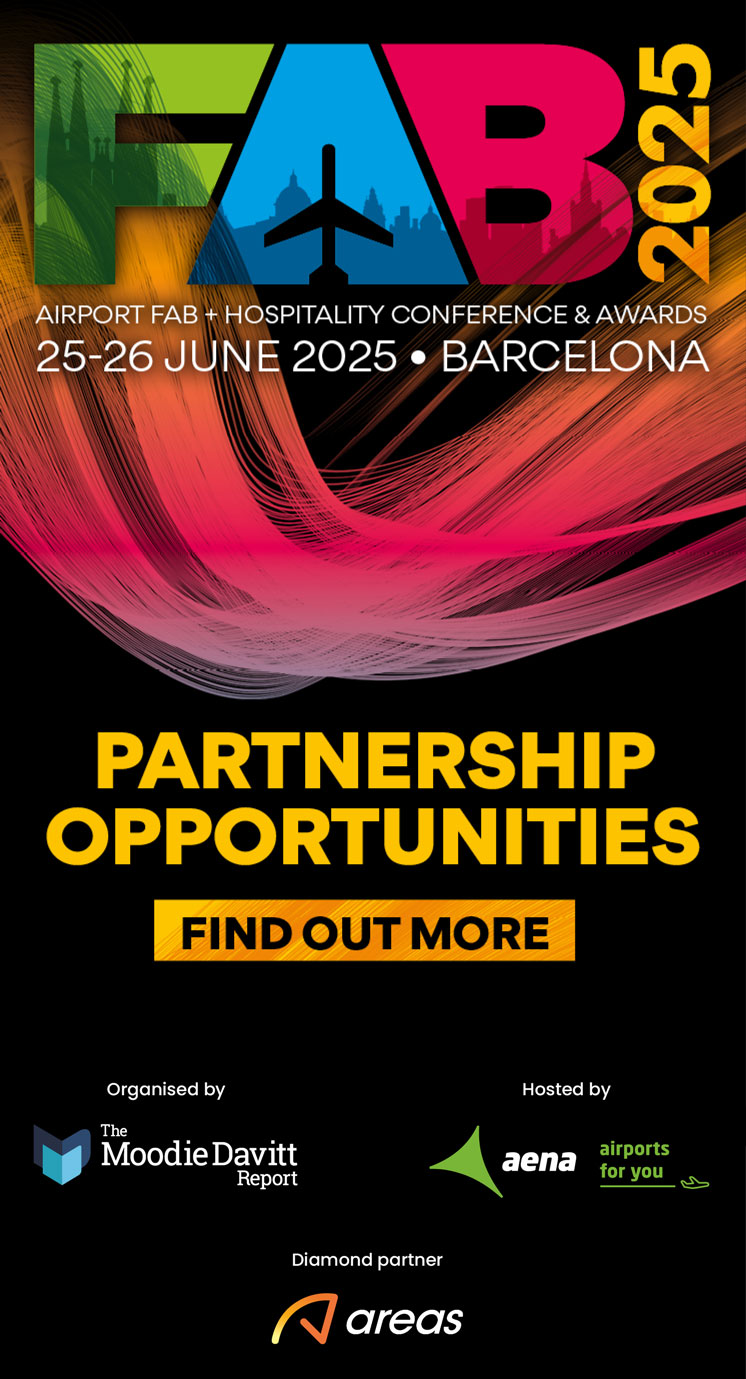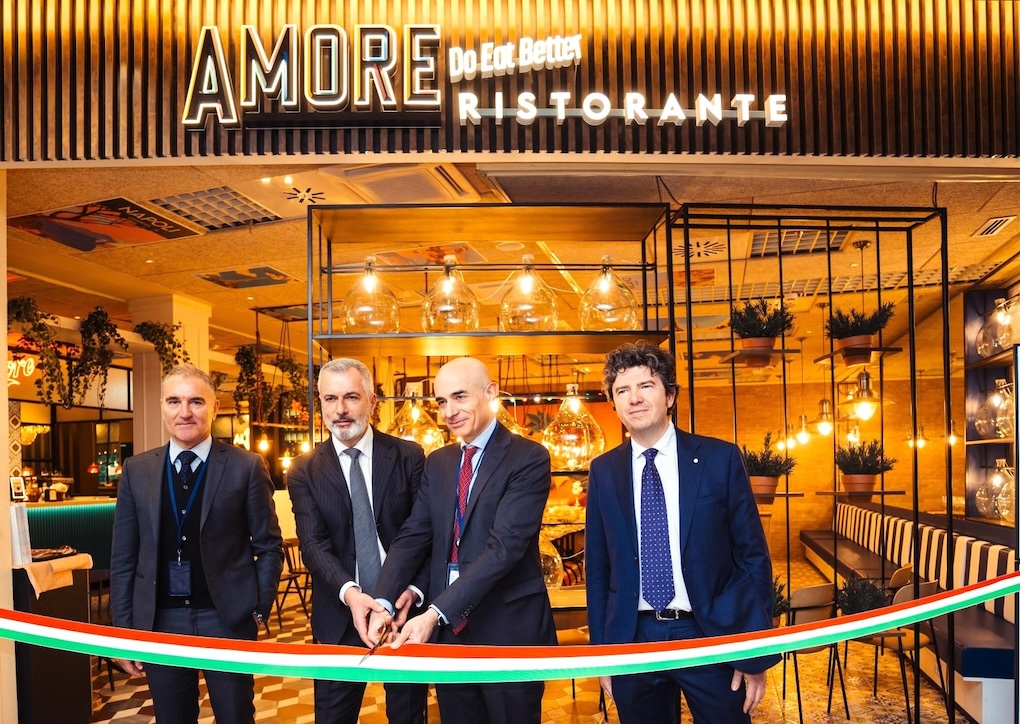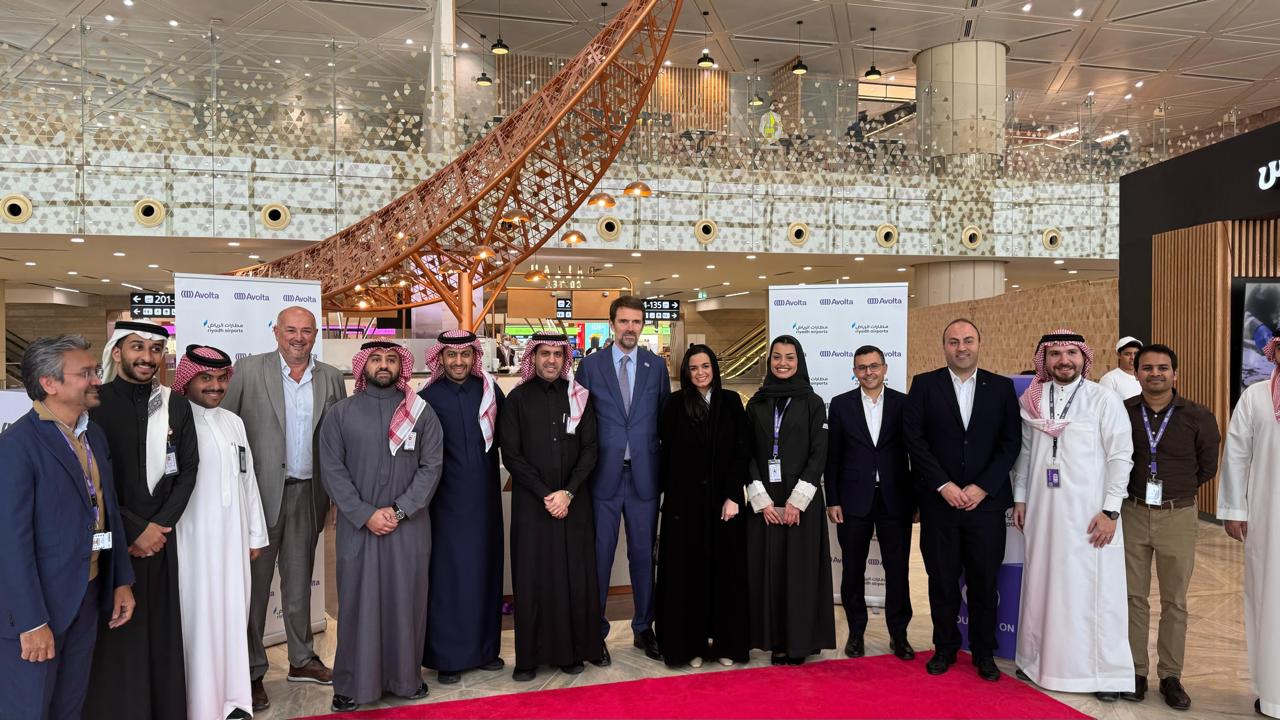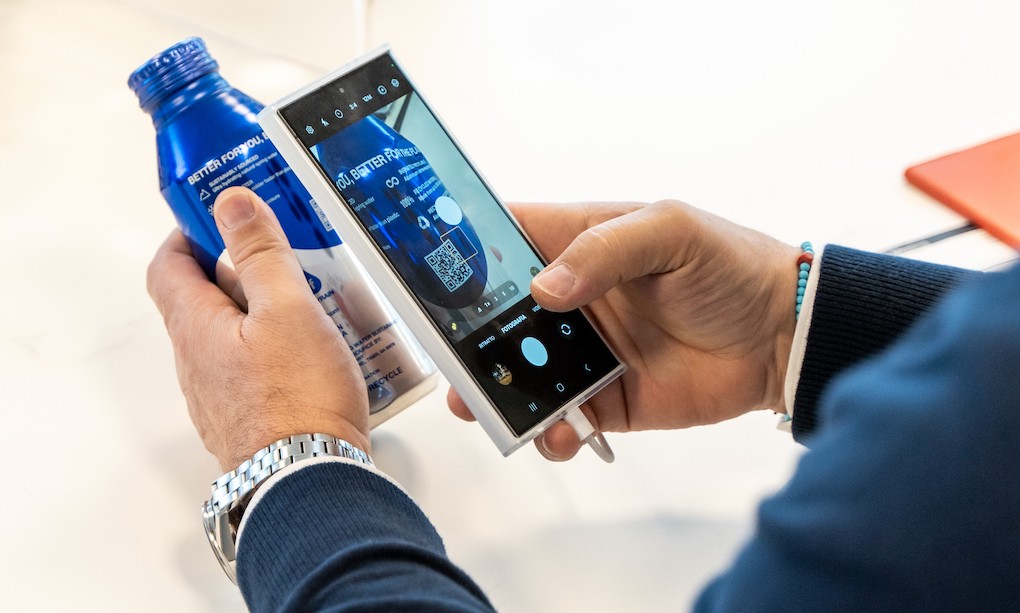Danish sushi chain Letz Sushi is heading a global campaign to highlight sustainability and put an end to overfishing on a local and global scale.
Letz Sushi CEO Anders Barsøe said the company’s mission is to offer “the best for the world rather than being best in the world”. Its ‘Save the Sushi’ campaign aims to increase awareness of the state of the world’s oceans and its fish.
“We want to make an impact with the campaign, but people don’t care about fish. Our potential new customers do care about sushi however.”
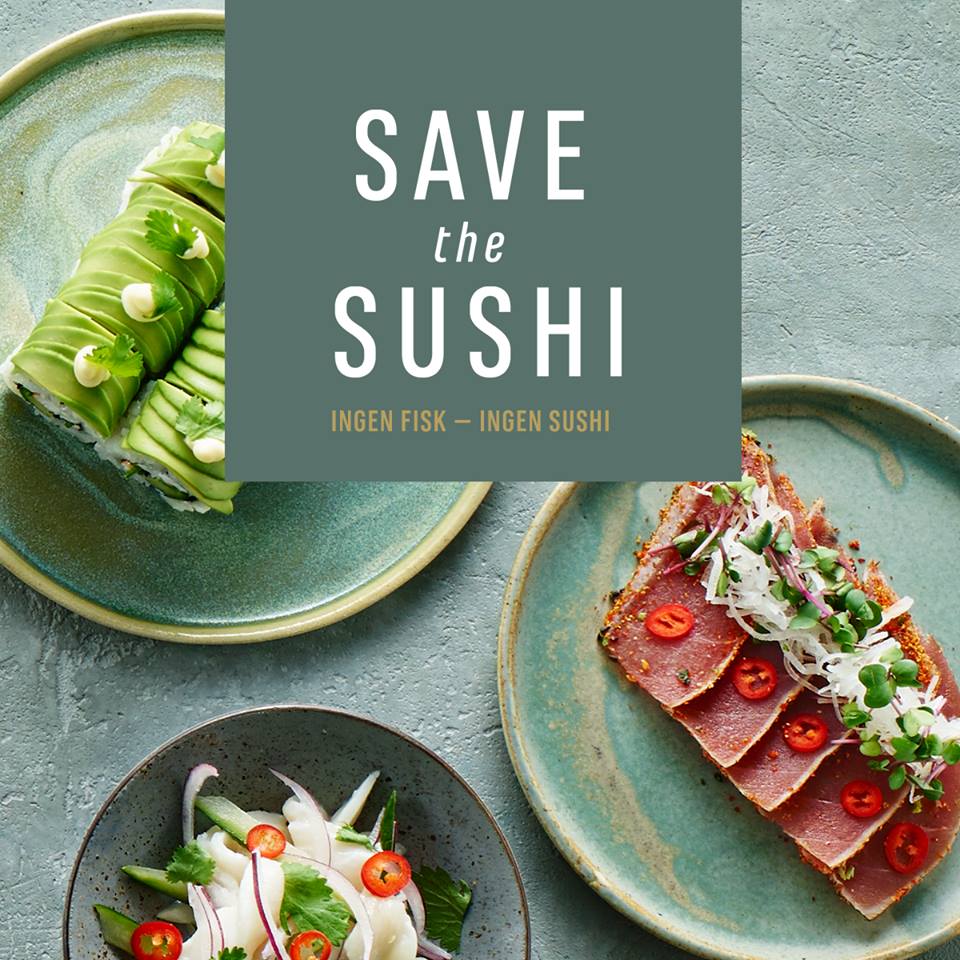
“From here on everything we do is focused on saving the oceans and the fish in them,” Barsøe said. “We want to make an impact with the campaign, but people don’t care about fish. Our potential new customers do care about sushi however.”
Barsøe is a FAB Awards Judge and former Copenhagen Airports Food & Beverage, Convenience Category Manager. He cited figures which indicate that, by 2048, there will be no more fish in the oceans if humans continue to fish as they do now. The same research predicts that by 2050 there will be more plastic in the oceans, than there are fish today.
| As reported, London Heathrow has been recognised as the world’s first Sustainable Fish Airport.An airport-wide initiative involving all F&B partners across five terminals led to the award from Sustain, an alliance for better food and farming. As part of the project, Heathrow’s F&B partners are adopting a sustainable fish buying policy. The initiative’s influence has extended beyond the airport, with some national restaurant groups including Yo! and The Restaurant Group (which operates outlets such as Giraffe and Comptoir Libanais) adopting the principles of the Sustainable Fish Airport initiative across all operations. Italian restaurant group Carluccio’s is introducing some sustainable British seafood species that aren’t often on menus and Delaware North was the first contract caterer to take the pledge within Heathrow and has already excluded all fish that aren’t given a ‘good’ sustainability rating by the Marine Conservation Society. |
Barsøe noted that generations of overfishing have “placed enormous strain on oceans and all that call it home”. He said local and global problems motivated Letz Sushi to promote changes.
The restaurant chain collaborates with the World Wildlife Fund (WWF) which advises on purchasing and funding of initiatives. Letz Sushi supports sustainable fishing practices which “minimise the damage to the fish’s natural environment”.
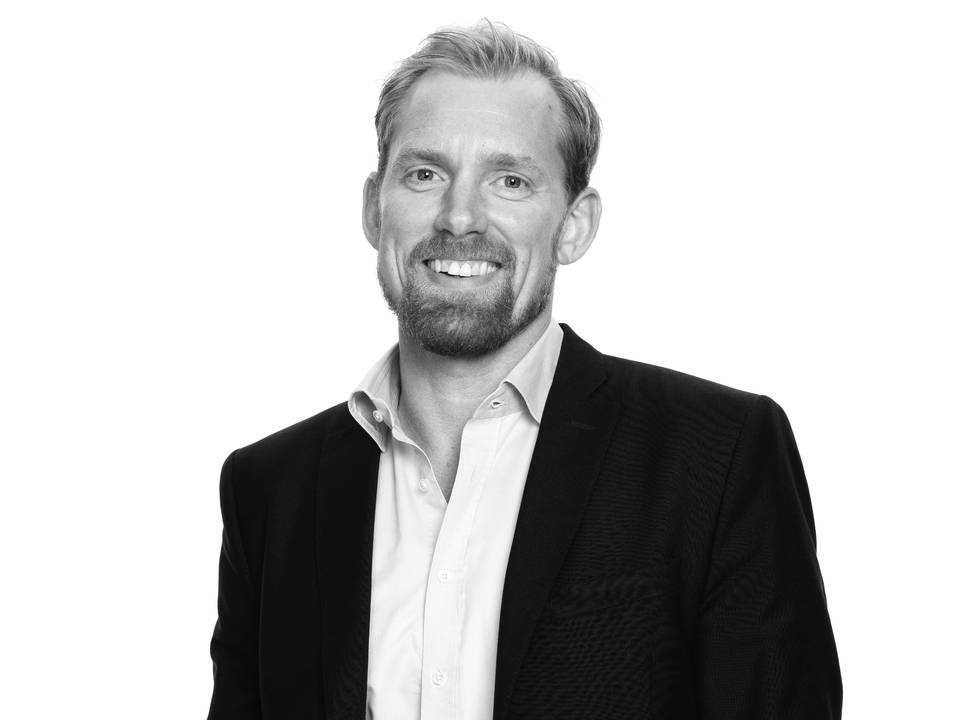
“Our campaign starts with one simple phrase,” Barsøe said. “We love sushi; that’s it. We love making it; the feeling of working the fresh fish and rice into beautiful pieces of edible art started our obsession.
“And yes we love eating it like we have no stop button. But can you have too much of a good thing? Unfortunately yes, it seems.”
Barsøe said Letz Sushi is the first chain in Europe to be fully sustainably-certified in its purchasing of fish and shellfish. Its efforts to save sushi by securing fish and shellfish for future generations are attracting supporters, he added.
“Driven by the belief that fish that are treated well, taste better, we have decided to demand more from ourselves and our suppliers,” Barsøe said.
On 9 April this year Letz Sushi closed all its restaurants in protest of overfishing. “That was a statement,” Barsøe said. “We were saying that this can be the future; that we can be closed down in the future because we will have no fish if we don’t act now.”
“Closing our restaurants allowed us to use them as billboards to draw attention to the problem,” he added.
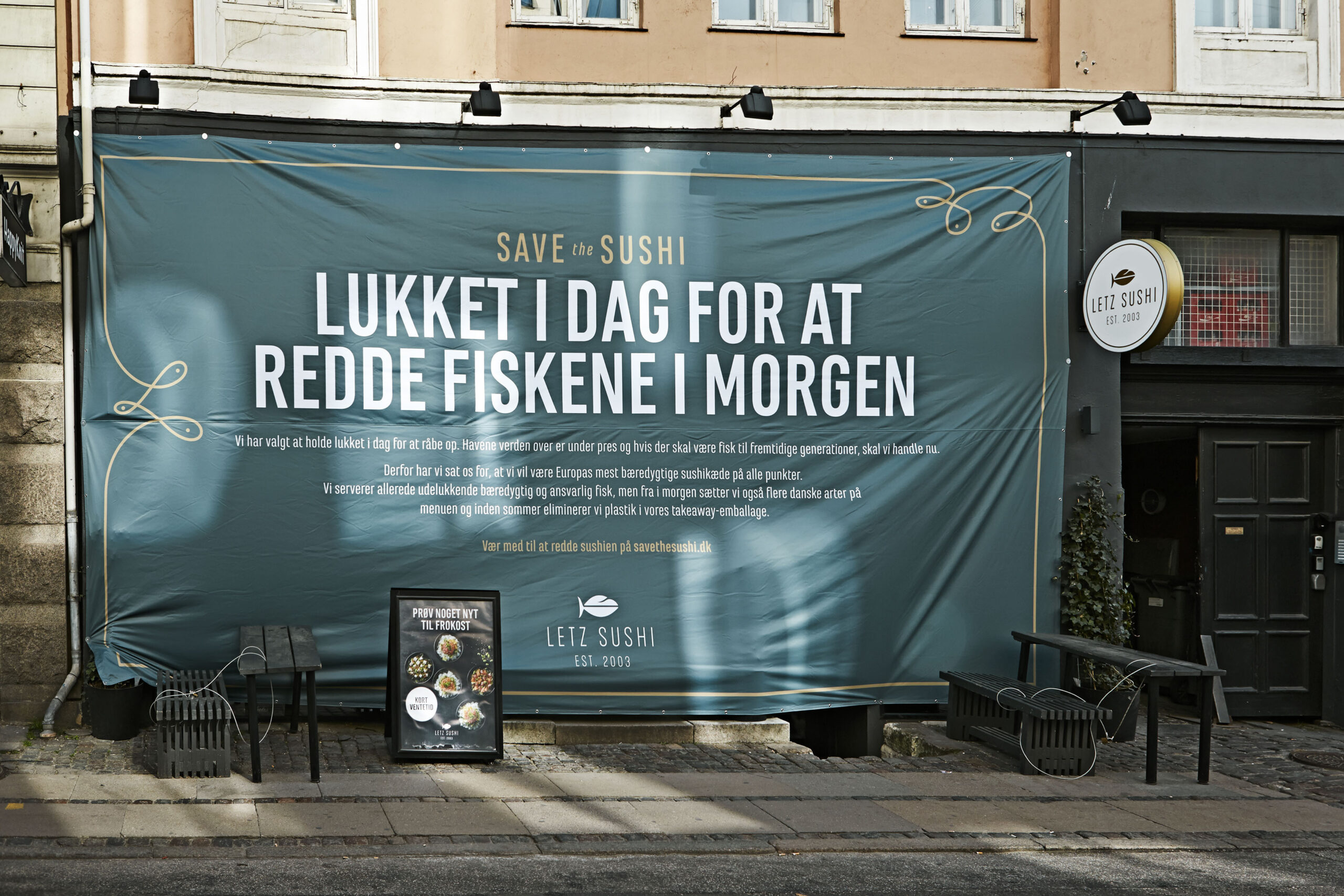
“There is more to be done, and one of the issues of making sushi is the preference people have for, as an example, tuna, which requires transportation and energy to keep it refrigerated or frozen.”
Barsøe noted the average consumer is “just not ready yet to convert from tuna to mackerel” so restaurants need to “nudge them” by introducing local fish to the menu gradually. He predicted that by 2025 Letz Sushi will feature only Danish and local fish on its menu. And the fish will be sustainably caught by a Danish fishing union, without the use of bottom trawling, or other damaging fishing methods, or produced on land-based facilities.
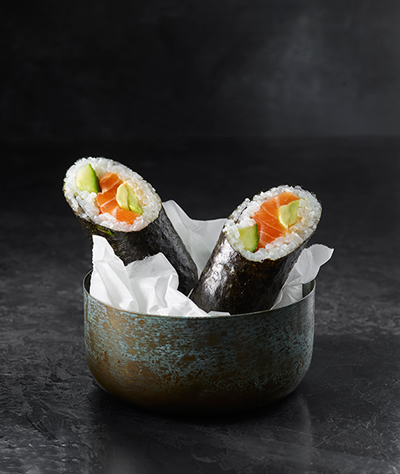
Barsøe said other restaurateurs and F&B operators who feature sushi and seafood can also make a difference through choosing fish certified by the Marine Stewardship Council (MSC) and Aquaculture Stewardship Council (ASC). Organic or biodynamic ingredients should also be considered, he added.
Plastics should be avoided and companies should use wind, solar or other green-sourced energy and green cleaning agents. “Opt for recycled fabrics; sort your waste for recycling or energy production and focus on bringing down your waste; cut down on your transportation,” Barsøe suggested.
“Going for ‘zero emissions in 2050 is not showing your ambitions – its rather indicating your ignorance.”
He believes airports and F&B operators could highlight ecological problems by facilitating waste-recycling and banning single use plastic. He also suggested incentive-based programmes to encourage the use of organic and bio-produce and the introduction of more vegan menu options.
Barsøe noted Letz Sushi’s collaboration with Sea Sense and its aim to save a sea turtle through every child menu sold through a Turtle Club initiative. The restaurant chain also partners with Healthy Seas which works to rid the ocean of ghost nets, which have been left or lost in the ocean by fishermen through the removal of three tons of net and plastic every year.
Letz Sushi has also teamed up with Green Kayaks on its mission to collect plastic from Copenhagen and Aarhus harbours.
“We need to dramatically change the global warming if we are to sustain life as we know it. Irreversible damage has already happened to arctic areas and many of the world’s coral reefs eradicating thousands of species,” Barsøe said.
“So we need to start acting, all of us.”
Barsøe suggested companies “need to be ambitious and have time-lined goals for each action. “Going for ‘zero emissions in 2050 is not showing your ambitions – its rather indicating your ignorance,” he concluded.
NOTE: The Moodie Davitt Report also publishes The Foodie Report, the world’s only media focused on airport (and other travel-related) food & beverage. The Foodie Report Newsletter is published every two weeks and The Foodie Report eZine every month.
Please send all news of food & beverage outlet openings, together with images, menus, video etc to Martin@MoodieDavittReport.com to ensure unrivalled global exposure.
The company also organises the annual Airport Food & Beverage (FAB) Conference & Awards. FAB 2019 will be held in Dallas, hosted by Dallas Fort Worth International Airport on 26-27 June.








